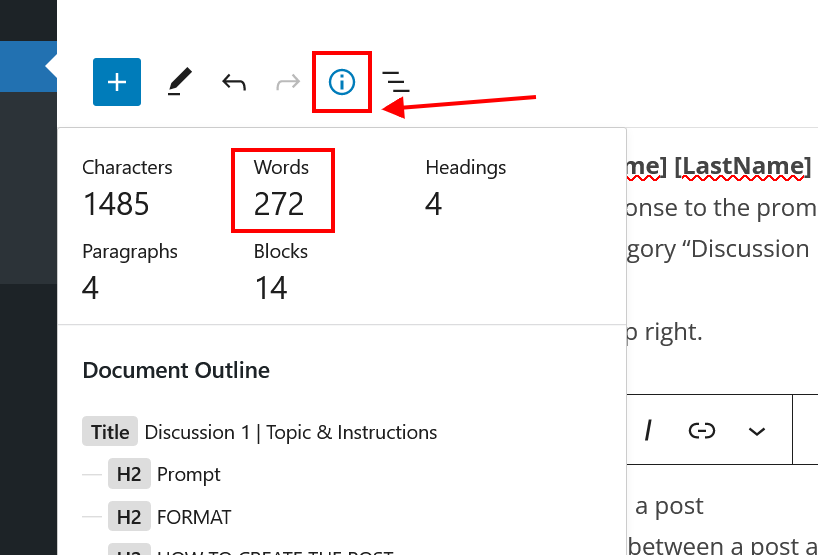This week’s readings and film were not necessarily surprising, rather eye opening. I say this because of how intimate I felt reading about the experiences of women of color. I did find myself feeling melancholy because of the accounts of women of color and trans women not being treated appropriately due to the inappropriate stigma. As per “12 Reasons It Should Be Illegal for Doctors Not to Treat Trans People,” we were exposed to the firsthand experiences of trans people in regard to their health and it was not only devastating, it was entirely unfair and corrupt. There is not one scenario I can think of in which anyone should be denied treatment, when it is a basic human right to have access to doctors and external help overall.
Some connections that I came across in the readings and film was how the standpoint (in regard to their position in society), affected the quality of lives of the individuals we read about. One example is that all of these individuals facing discrimination and marginalization, were not coming from environments meant for them to thrive, rather the communities lacked proper resources. This is something that I thought about immediately after reading “12 Reasons It Should Be Illegal for Doctors Not to Treat Trans People,” mainly because of the medical neglect I was learning about. Another connection I made was the fact that there seemed to be a pattern of disconnect between these groups of people and a proper quality of life, all seemingly due to their gender, which I find absolutely disturbing.
The format in which the stories are shared impacts my understanding of medical oppression and/or other aspects of gender we have discussed this semester because it all boils down to one thing: the importance of the feminist movement. Learning about the oppression and exploitation that women, specifically women of color deal with is obscene. All of the topics we have discussed have had an impact on how I view proper education, because the first step to creating a better tomorrow is understanding what the core of the problem is. I can truthfully say that learning about how the females in the Period. End of Sentence, have to work together was breathtaking because it goes to show how when we stand together, all is possible. There is strengths in numbers and I feel proud to be a woman of color because through it all, we are here standing and working to deconstruct the system that was created with the intention of breaking us.

